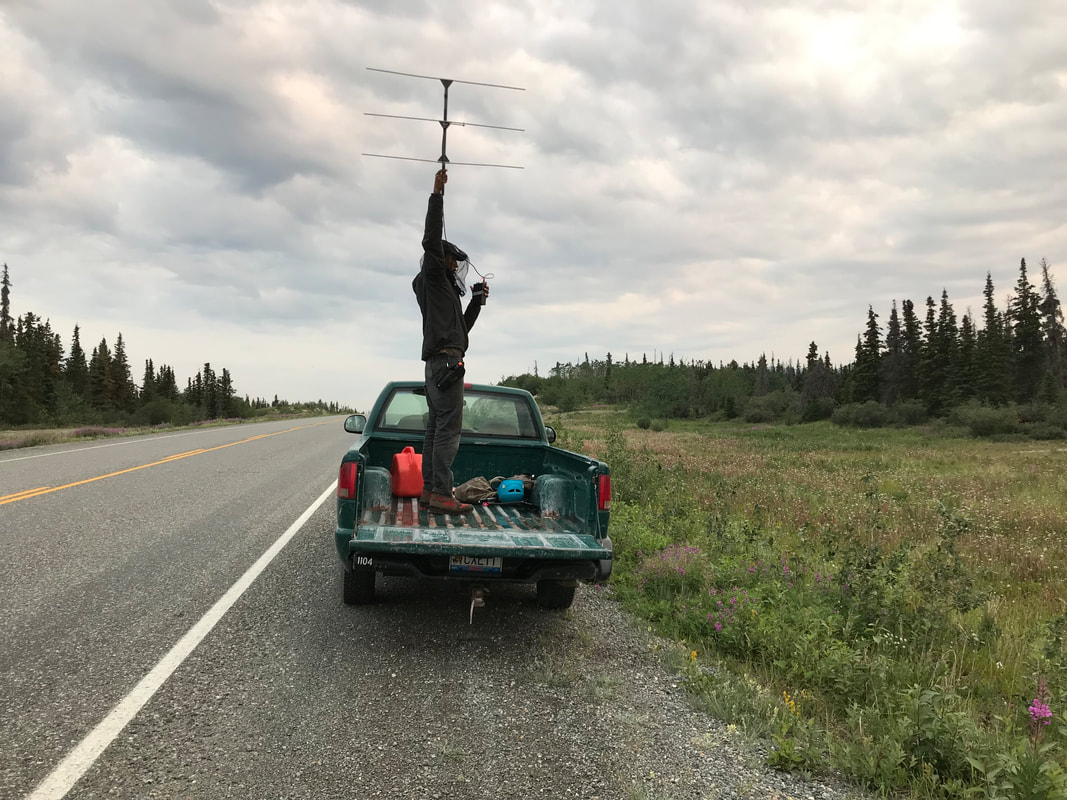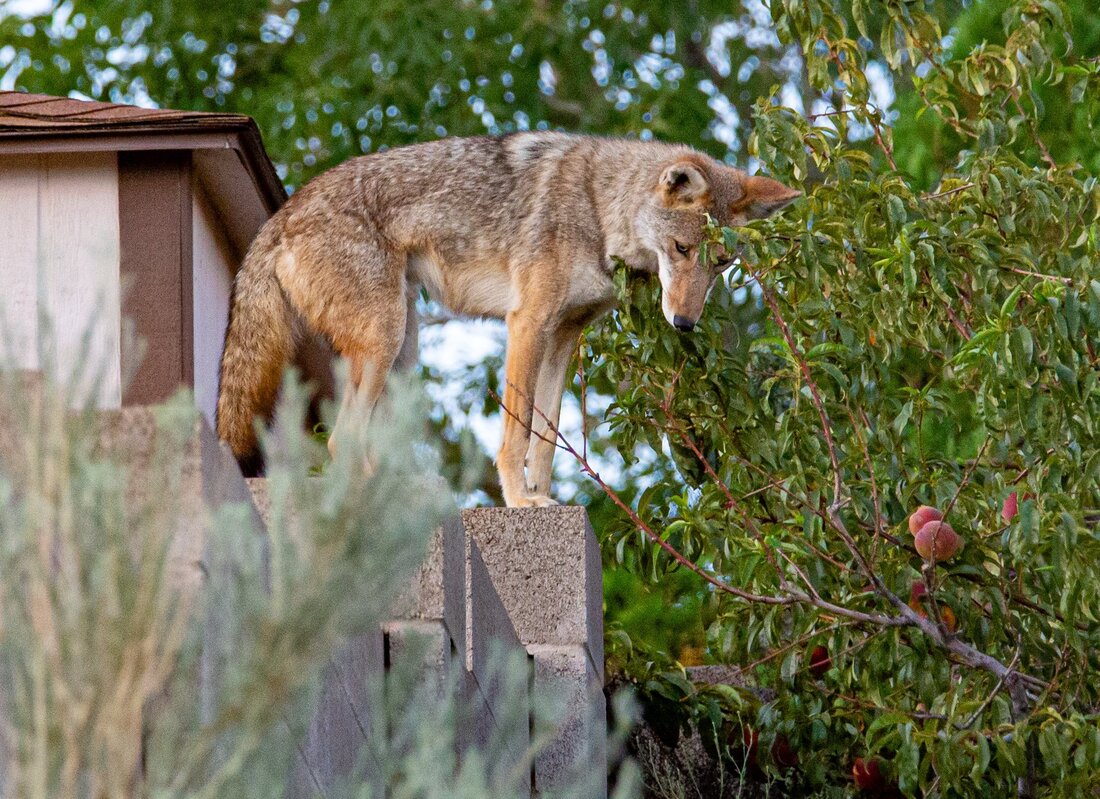Understanding the Human-Wildlife-Environment Nexus
As a scientist, I am particularly keen on advancing our understanding of the human-wildlife-environment nexus. I'm especially interested in investigating how animals persist in an already dynamic world that humans are constantly altering and intertwining this work with justice and equity when possible. I primarily focus on urban ecosystems because they provide compelling model systems to address how human-driven disturbances impact organismal biology, lending itself to application, management, and conservation policy.
Systems I've worked in to understand questions I'm interested in are:
Systems I've worked in to understand questions I'm interested in are:
Behavioral Ecology
|
Understanding an individual's response to (novel) stimuli can help us predict organismal responses to abiotic and biotic environmental fluctuations. My research in behavioral ecology primarily focuses on understanding personality, movement, community interactions and structure, and the environmental pressures that underpin these. Projects in Prep:
Relevant Work:
|
Urban Ecology & Social-Ecological Dynamics
|
Cities provide a model ecosystem to understand the impacts of social-ecological dynamics, with the urban systems acting as a dynamic mosaic of pressures that can select for and maintain particular (mal)adaptive traits. I'm interested in understanding how cities/humans influence wildlife behavior, health, and community structure/dynamics.
Projects in prep:
Relevant Work: |
(Environmental) Equity & Justice
|
Relevant Work:
Projects in prep:
|


